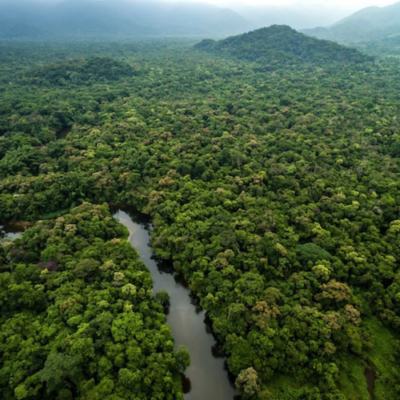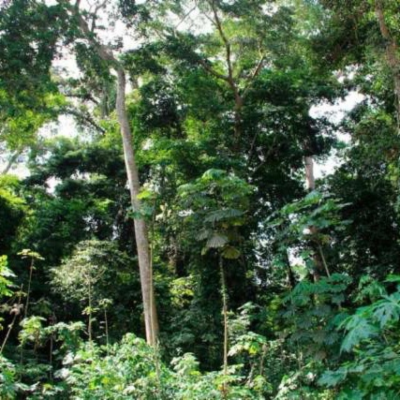
BVRio initiative wins Copa Verde Trophy 2021 design assignment
The champion team and the best player of the final match of the 2021 Brazilian Cope Verde (Green Cup) annual football tournament will be awarded wooden trophies produced out of the BVRio Design & Sustainable Wood initiative.
Read more...



